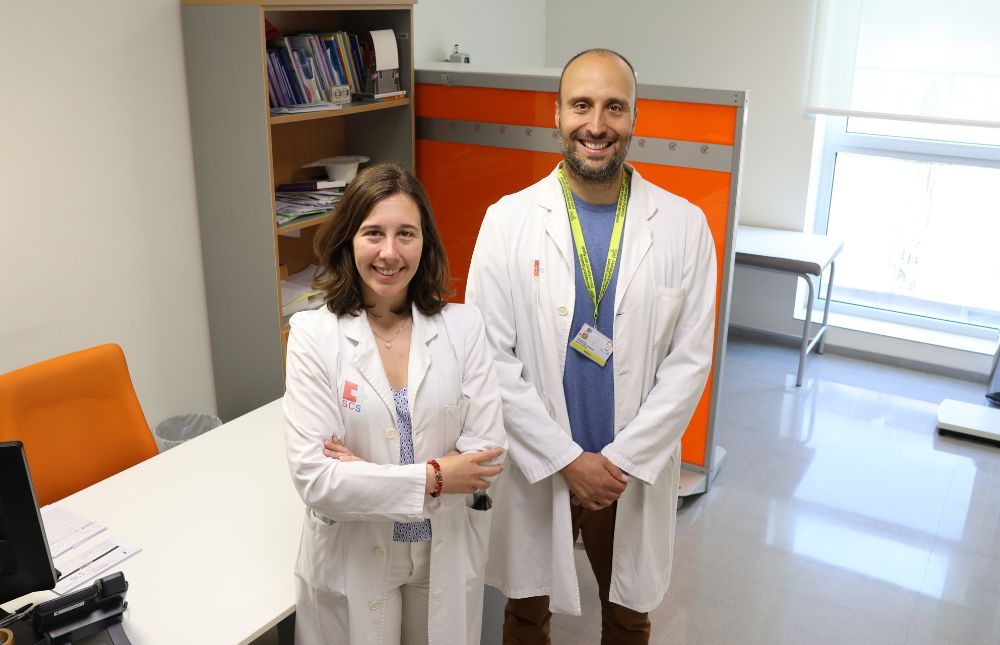Researchers from the Clinical and Translational Research Group in Digestive Diseases at the Marqués de Valdecilla Research Institute (IDIVAL) have coordinated a national multicenter study that, for the first time, analyzes the incidence of opportunistic infections in patients with autoimmune hepatitis. The results, recently published in Alimentary Pharmacology & Therapeutics, confirm that these types of complications are significantly less frequent than previously assumed in clinical practice.
The project involved 20 hospitals across Spain, all with extensive experience in managing this rare liver disease, which is characterized by requiring prolonged immunosuppressive treatments to control liver inflammation.
A Clinical Gap Addressed for the First Time
The initiative arose from a clinical perception shared by many professionals involved in the care of autoimmune hepatitis: the low incidence of opportunistic infections in their routine practice, in contrast to what occurs in other systemic autoimmune diseases treated with similar immunosuppressive regimens, for which well-established preventive protocols do exist.
Until now, the lack of specific studies on the incidence of these infections in patients with autoimmune hepatitis had prevented the development of consensus recommendations in both national and international clinical guidelines.
Main Findings
The study analyzed one of the largest cohorts described to date in this disease, including 2,893 patients. The results confirm that the incidence of opportunistic infections in patients with autoimmune hepatitis is very low:
-
Only 6 cases of tuberculosis (0.2%) were documented, with a median time of onset of more than 10 years after the initiation of immunosuppressive treatment.
-
No cases of Pneumocystis Jirovecii pneumonia were recorded.
-
Invasive infections by Candida spp. and Aspergillus spp. were uncommon, with the latter occurring in patients with more severe clinical forms of the disease, associated with higher mortality.
These findings confirm the study’s initial hypothesis and provide the first high-quality scientific evidence in this field, reinforcing current clinical practice and establishing a foundation for designing future prevention and management strategies.
New Questions for Research
The authors emphasize that, while the study provides important answers, it also raises new questions. Among them, they highlight the need to investigate why the incidence of opportunistic infections in patients with autoimmune hepatitis is notably lower than in other autoimmune diseases treated with the same immunosuppressive therapies.
This research line is shaping up to be an area of interest for future studies, which will help advance understanding of the disease and optimize its clinical management.
Article Reference
Title: Occurrence and Management of Opportunistic Infections in Patients With Autoimmune Hepatitis: A Spanish Multicentre Study
Journal: Alimentary Pharmacology & Therapeutics
Link: https://pubmed.ncbi.nlm.nih.gov/40457708/
Caption: María del Barrio and Álvaro Díaz, lead investigators of the study.





















